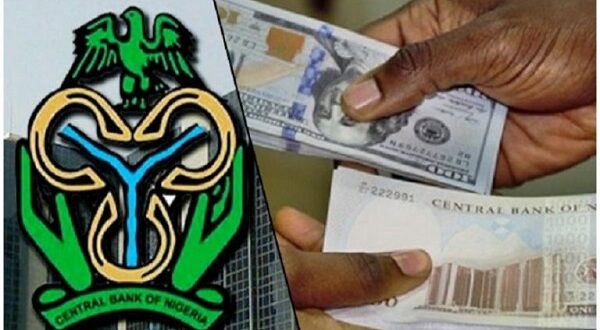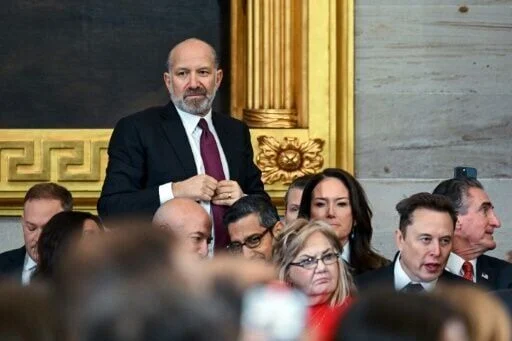The Central Bank of Nigeria (CBN) has mandated that foreign exchange sellers to Bureau De Change (BDC) of $10,000 and above must declare their sources of forex. This directive is part of a revised regulatory framework aimed at curbing excesses in the BDC sector and addressing uncertainties in the foreign exchange market. Sellers are also required to adhere to Anti-Money Laundering/Combating the Financing of Terrorism (AML/CFT) regulations and foreign exchange laws and regulations.
The updated guidelines significantly enhance the regulatory framework governing the operations of BDCs as part of ongoing reforms in the Nigerian foreign exchange market. They cover permissible activities, licensing requirements, corporate governance, and AML/CFT provisions for BDCs. The regulations specify that BDCs may source foreign currencies from various channels, including tourists, expatriates, residents with foreign exchange inflows, International Money Transfer Operators (IMTOs), embassies, authorized hotels, and the Nigerian Foreign Exchange Market (NFEM). Customers are allowed to transfer foreign currencies from their individual domiciliary accounts with Nigerian banks to BDCs.
Additionally, all digital or transfer purchases of foreign currencies by BDCs shall be credited to their Nigerian domiciliary accounts. Payments for digital/transfer purchases exceeding USD 500 will be transferred to the customer’s Naira bank account. For non-resident customers, a BDC may issue a prepaid NGN card, subject to relevant maximum credit and cumulative limits in compliance with Know Your Customer (KYC) requirements. Payments to customers for cash purchases of foreign currency exceeding USD 500 will also be transferred to the customer’s Naira bank account. The guidelines aim to promote transparency, accountability, and compliance within the BDC sector while streamlining foreign exchange transactions for both sellers and customers.




